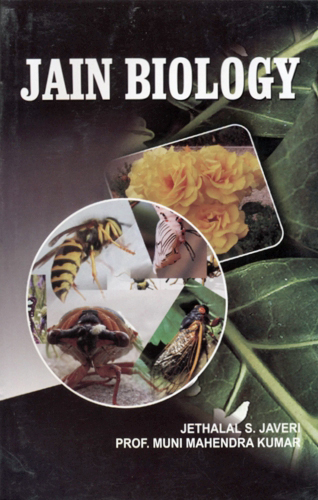This is the largest phylum in the animal kingdom. The number of species here are more than the total number of species of all the rest of phyla put together. They live in oceans, fresh water, lakes, ponds and rivers. They are also found on land. Some are parasitic on animals and many of them lead an aerial life. Some of them form food while some destroy valuable food as pests and some convey diseases. They are tripoblastic, bilaterally symmetrical segmented animals.
The head bears sense organs like the antennae and the eyes. The digestive tract is complete and the mouth has lateral jaws. Respiration is by gills, tracheae; both lungs or through the body surface depending upon the habitat of the animal. The blood vascular system is of an open type with a dorsal heart having valvular openings. The nervous system consists of a pair of dorsal cerebral ganglia or brain. The sensory organs are the antennae, simple or compound eyes, auditory organs (as in insects) and a balancing organ. The sexes are usually separate.
The arthropoda includes—crabs, lobsters, crayfish, prawns, centipedes, millipedes, scorpions, spiders, and mites. Being a very diverse group it is divided into four classes:
- Crustacea - aquatic animals as crabs and lobsters;
- Insecta - body is divisible into head, thorax and abdomen; three pairs of legs and two pairs of wings; examples: cockroach, butterfly, house fly etc.
- Arachnida - include spiders, scorpions, king-crabs, ticks and mites.
- Myriapoda - centipedes and millipedes are included in this.
 Jethalal S. Zaveri
Jethalal S. Zaveri
 Prof. Muni Mahendra Kumar
Prof. Muni Mahendra Kumar

